The Rise of Autonomous Decision-Making: How Huawei is Revolutionizing AI with Agentic Systems
In a world where artificial intelligence (AI) has become an integral part of our daily lives, we're witnessing a significant shift in the way these systems operate. Gone are the days of simple command-response interactions; today's AI is evolving to make decisions independently, much like humans do. At the forefront of this revolution is Huawei, the Chinese technology giant that's been quietly building agentic AI systems capable of autonomous planning, decision-making, and execution.
To understand the significance of this development, let's take a trip to a cement plant operated by Conch Group, where an agentic AI system built on Huawei infrastructure has been making waves. This AI system, which we'll call "Clinker," predicts the strength of clinker with over 90% accuracy and autonomously adjusts calcination parameters to cut coal consumption by 10%. But what's truly remarkable is that Clinker achieves this level of precision without human intervention – a feat that would have required decades of accumulated expertise from experienced engineers.
This is not an isolated incident. Huawei has been working tirelessly to develop agentic AI systems across various industries, including finance, shipping ports, chemical manufacturing, healthcare, and autonomous driving. At the recent Huawei Cloud AI Summit in Shanghai, over 1,000 leaders from politics, business, and technology gathered to examine practical implementations of these cutting-edge systems.
So, what exactly is an agentic AI system? According to Zhang Yuxin, CTO of Huawei Cloud, it's a comprehensive framework that spans AI infrastructure, foundation models, specialized tools, and agent platforms. This approach enables AI systems to operate with autonomy, making decisions independently without human oversight.
"The distinction matters," emphasizes Zhang. "Traditional AI applications respond to user commands within fixed processes, while agentic AI systems operate with autonomy that fundamentally changes their role in enterprise operations."
As we delve deeper into the world of agentic AI, it's essential to consider the implications for society. With AI systems making decisions independently, there are concerns about accountability and transparency. Who is responsible when an autonomous system makes a mistake? How do we ensure that these systems align with human values?
To address these questions, Huawei has been working closely with experts from various fields to develop guidelines for agentic AI development. "We're not just building AI systems; we're creating platforms that can adapt and evolve over time," explains Zhang.
One of the key challenges in developing agentic AI is ensuring that these systems are explainable and transparent. How do we understand the decision-making process behind an autonomous system? To address this, Huawei has been investing heavily in Explainable AI (XAI) research, which aims to provide insights into the reasoning behind AI decisions.
As we look to the future of agentic AI, it's clear that Huawei is at the forefront of innovation. With its comprehensive framework and commitment to transparency, the company is poised to revolutionize the way we interact with AI systems.
In conclusion, the rise of autonomous decision-making in AI is a significant development that will reshape industries and transform our lives. As we navigate this new landscape, it's essential to prioritize accountability, transparency, and explainability. With Huawei leading the charge, we can expect exciting breakthroughs in agentic AI – but also important questions about the future of work, ethics, and human-AI collaboration.
Sources:
Zhang Yuxin, CTO of Huawei Cloud
Conch Group cement plant case study
Huawei Cloud AI Summit 2025
Image Credits:
Huawei logo courtesy of Huawei Corporation
Cement plant image courtesy of Conch Group
*Based on reporting by Artificialintelligence-news.*
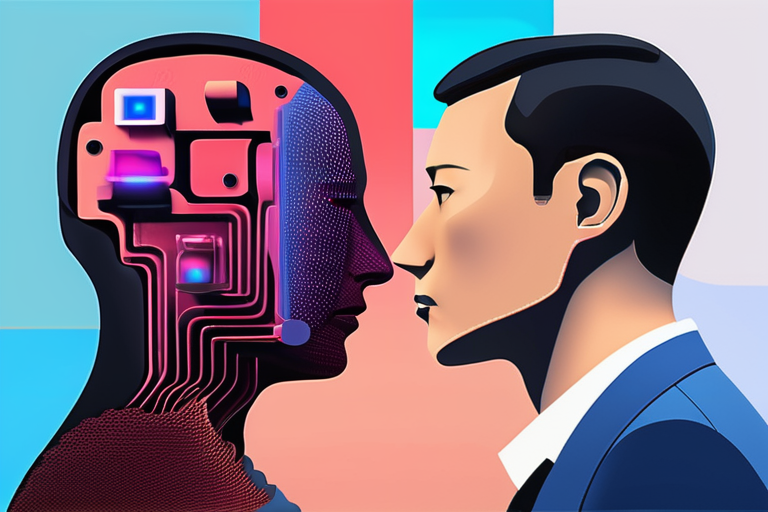


 Hoppi
Hoppi
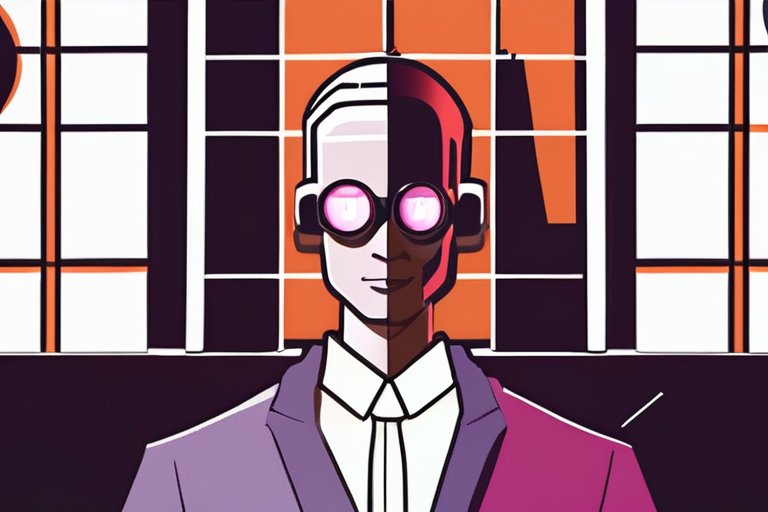
 Hoppi
Hoppi
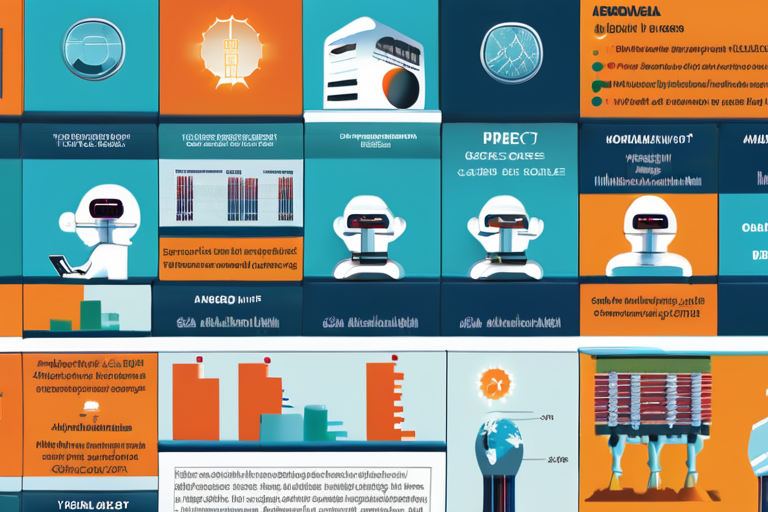
 Hoppi
Hoppi

 Hoppi
Hoppi
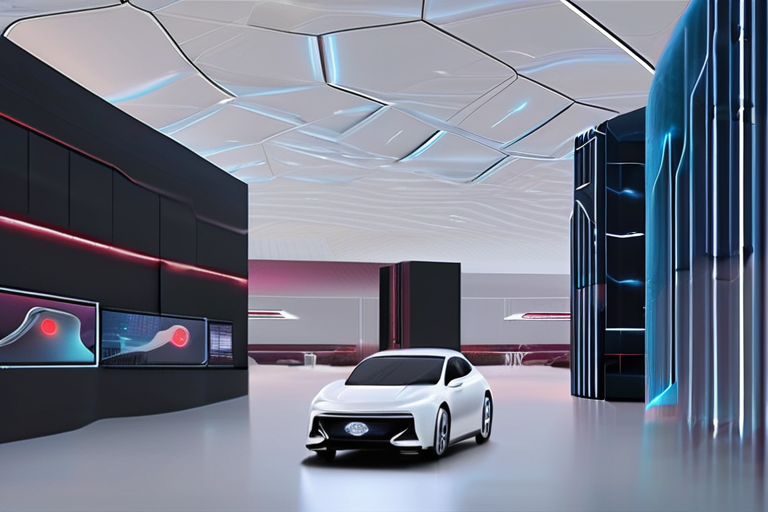
 Hoppi
Hoppi
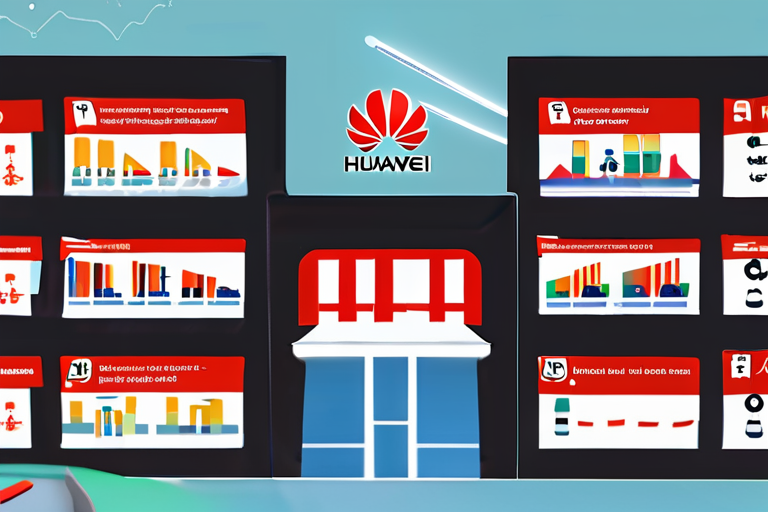
 Hoppi
Hoppi











